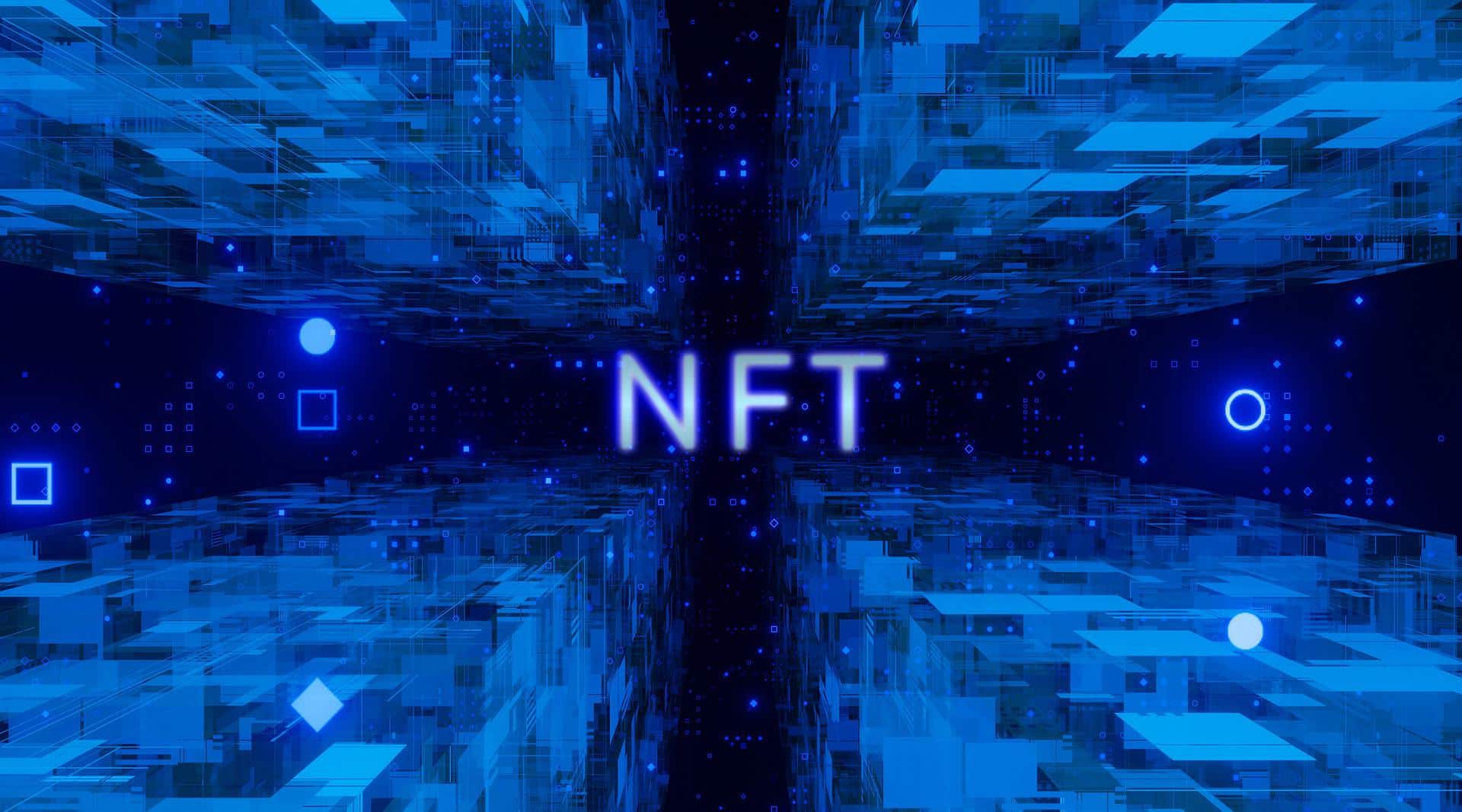Introduction
In my many years as a lawyer, I have drawn up numerous publishing agreements and advise mobile game developers, among others. The development of computer games has undergone a remarkable transformation in recent years. With the rise of microtransactions and in-game purchases, new challenges and ethical questions have arisen. A central topic in this context is the use of so-called “dark patterns” – manipulative design strategies aimed at influencing player behavior. This blog post sheds light on the distinction between unlawful consumer steering and the permissible design of consumer-friendly offers in computer games.
The computer games industry has experienced enormous growth in recent years and has developed into a significant economic factor. However, this growth is also accompanied by increased responsibility. Game developers are faced with the challenge of creating innovative and captivating gaming experiences without overstepping ethical boundaries. The use of dark patterns raises important questions in this context: Where is the line between legitimate design decisions and manipulative practices? What legal framework conditions must game developers observe? And how can consumer rights be protected in an increasingly digitalized world?
In this blog post, we will look at these questions in detail. We will examine what exactly is meant by dark patterns and what forms they can take in practice. We will examine both the psychological mechanisms behind these design patterns and the legal implications. The aim is to take a differentiated look at the topic and provide guidance for game developers and consumers.
As a lawyer with many years of experience in advising game developers and drafting publishing contracts, I would like to contribute to an objective and solution-oriented debate with this blog post. Ultimately, it is about finding a balance between the interests of game developers and the rights of consumers. Only if both sides treat each other with respect and clear rules are defined can the computer games industry continue to operate successfully and responsibly in the future.
What are dark patterns?
Dark patterns are design patterns that are intentionally designed to entice users to take actions they would not otherwise have taken. These patterns can take various forms, such as hidden costs, misleading user interfaces or manipulative time pressure mechanisms. In the world of computer games, dark patterns are particularly problematic as they are often designed to encourage players to make additional purchases or extend their playing time. One example of this is loot boxes, which are virtual boxes whose contents are randomly generated. Players buy these crates in the hope of obtaining valuable items. Critics argue that loot boxes contain elements of gambling, as the player has no influence on the content and the value of the items can vary greatly.
Dark patterns are not limited to loot boxes, however. There are a variety of design patterns aimed at influencing player behavior. These include, for example, artificial scarcity, where players are put under pressure to act quickly so as not to miss out on a supposedly limited offer. The use of psychological tricks, such as the exploitation of fear of loss or social influence by other players, can also be considered a dark pattern.
The use of dark patterns raises fundamental ethical questions. Game developers have a responsibility to create fair and transparent gaming experiences that respect player autonomy. Manipulative design patterns aimed at restricting players’ freedom of choice or tempting them to make ill-considered purchases are highly problematic from an ethical point of view.
At the same time, it must be recognized that the development of high-quality games is associated with considerable costs. Game developers are dependent on generating revenue in order to finance their projects and remain competitive. The challenge is to find monetization models that are both economically viable and protect the interests of the players.
This is where the law plays an important role. Clear rules need to be defined to curb the use of dark patterns and protect consumer rights without curtailing the industry’s innovative strength. In the following section, we will take a closer look at the legal framework and examine which approaches could be promising here.
Examples of dark patterns in computer games
Time pressure mechanisms are another example of dark patterns. Games that push players to act within a certain time frame to receive rewards often use temporal dark patterns. These mechanisms can lead to players spending more time in the game than they originally intended. Monetary dark patterns aim to entice players to spend more. Examples include in-game purchases that are necessary to progress in the game, or offers that are only available for a short time to create pressure to buy. These practices are particularly problematic as they restrict players’ freedom of choice and can tempt them to make ill-considered purchases.
Time pressure mechanisms are a frequently encountered dark pattern in computer games. Players are put under pressure to act within a certain time frame in order to receive rewards or avoid disadvantages. One example of this is daily login bonuses, where players have to log in every day to receive valuable items or currencies. If they miss a day, they lose the chance to receive these rewards. Such mechanisms can lead to players spending more time in the game than they actually want to, just so they don’t miss out on anything.
Time-limited events or challenges also fall into this category. Players are often lured here with attractive rewards that are only available within a short time window. The time pressure this creates can lead to players neglecting their actual priorities and spending an excessive amount of time in the game.
Monetary dark patterns aim to entice players to spend extra money. A well-known example is in-game purchases, which are necessary to progress in the game or to remain competitive. Players who are not prepared to invest real money are often confronted with artificial barriers or significantly slower progress in the game. This can lead to frustration and increase the pressure to spend money after all.
Limited-time offers or discount campaigns can also be classified as monetary dark patterns. Players are led to believe that they have a one-off opportunity to acquire certain items or benefits at a supposedly low price. The pressure to buy created in this way can lead to players spending more money than they had originally planned.
It is important to emphasize that not every in-game purchase or limited-time offer is automatically a dark pattern. The decisive factor is whether these elements are designed fairly and transparently and whether they respect the players’ freedom of choice. Game developers should carefully examine their monetization models and ask themselves whether they offer players real added value or are merely aimed at maximizing short-term profits.
Ultimately, it is also the responsibility of the players themselves to make conscious decisions and not allow themselves to be influenced by manipulative design patterns. However, this can be a challenge, especially for younger or less experienced players. This makes it all the more important for the industry to develop clear standards and become aware of its responsibilities.
Psychological aspects
The psychological mechanisms behind dark patterns are indeed well researched and documented. Game developers often draw on findings from behavioral psychology to specifically influence player behavior and steer it in a desired direction.Sophisticated reward systems are a central element of this. Regular rewards in the form of points, virtual currency, items of equipment or promotion in ranking lists create a strong incentive to continue playing the game. Variable reward intervals, where the player cannot predict exactly when he will receive the next reward, are particularly effective. This principle, which is also used in gambling, can lead to the development of a real addiction.Social pressure also plays an important role. Many games today are designed as multiplayer games and require teamwork and cooperation. The desire to be able to keep up within the gaming community and not be perceived as a “clog in the wheel” can lead to players investing more time and money than originally planned. Rankings and publicly visible achievements add to the pressure.Finally, dark patterns also make use of cognitive biases that influence our decision-making. One example is the “sunk cost fallacy”, where we tend to continue a behavior if we have already invested a lot of time or money – even if it would make more rational sense to accept the losses and stop. Game developers can specifically exploit this effect by linking game progress to high time investments or in-game purchases. Once a player has achieved a lot or spent real money, it is more difficult for them to leave the game.Other cognitive biases such as the framing effect (the way the game is presented influences our perception and decision), the confirmation bias (we prefer to look for information that supports our opinion) or the availability bias (readily available information is overvalued) can also be exploited by game developers to persuade players to play longer game sessions, make purchases or disclose personal data.Overall, it is clear that dark patterns intervene deeply in psychological processes and influence our behavior in subtle, often unconscious ways. It is therefore all the more important that players are aware of these mechanisms and that game developers face up to their ethical responsibility. Only if psychological knowledge is used responsibly and transparently can it be avoided that an actually positive gaming experience turns into problematic consumption or even addiction. This requires both critical media literacy on the part of the players as well as a clear legal framework and a voluntary commitment on the part of the industry.
Legal framework
The legal assessment of dark patterns in computer games is complex and varies from jurisdiction to jurisdiction. In Germany, many of these practices fall under the Unfair Competition Act (UWG). The UWG prohibits misleading and aggressive commercial activities that impair consumers’ freedom of choice. Section 3 UWG in particular establishes a general prohibition of unfair commercial acts. In addition, dark patterns can also violate the more specific prohibitions of misleading actions (Section 5 UWG), misleading omissions (Section 5a UWG) or aggressive commercial actions (Section 4a UWG). One particularly controversial issue is the classification of loot boxes as gambling. Under German law, a game of chance exists if a not insignificant fee is charged for the chance to win and the decision to win or lose depends predominantly on chance.
However, whether loot boxes fulfill these criteria is controversial and depends on the specific design. While some courts and authorities in other EU countries have already classified loot boxes as gambling, the legal situation in Germany has not yet been clarified by the highest court. In 2017, the responsible gambling supervisory authorities of the federal states still denied the gambling nature of loot boxes, but this assessment may have changed in light of the further development of loot box mechanics. In addition to gambling law, consumer protection regulations also play an important role. These are intended to ensure that consumers are informed transparently about the costs and risks of in-game purchases. For example, consumers must be clearly and comprehensibly informed of the total price including all taxes and duties before the contract is concluded. Information must also be provided on the existence of a right of withdrawal and its conditions. Violations of these information obligations and other consumer protection regulations can be punished with fines of up to 50,000 euros or 4% of annual turnover.
In addition, violations of the UWG and consumer protection law can also have consequences under civil law. Competitors and consumer associations can claim injunctive relief and removal as well as damages. Since the 2022 amendment to the UWG, individual consumers are also entitled to compensation under certain conditions if they have been harmed by unfair commercial practices. Overall, it can be seen that German law already provides various instruments in the form of the Unfair Competition Act, consumer protection law and gambling law to take action against problematic dark patterns in computer games. However, there are often still legal uncertainties in the application to individual cases, which must be clarified by the courts. There are also some calls for clarifying regulation by the legislator. Ultimately, however, it is also the responsibility of the game developers themselves to create fair and transparent gaming experiences that not only comply with minimum legal standards, but also focus on the interests of the players.













































